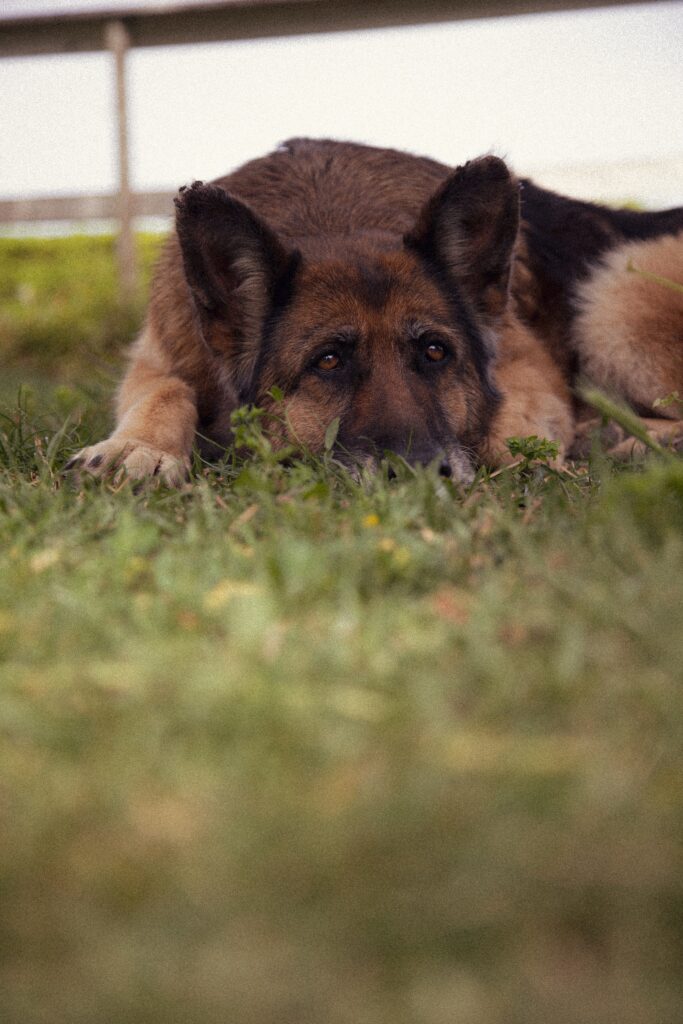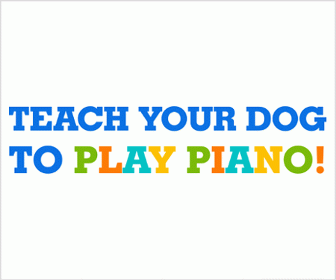
Dogs chewing their paws is a common behavior that can have a number of different causes. In some cases, it is a harmless habit, but in others, it can be a sign of a more serious medical condition. If you notice your dog chewing their paws, it is important to take them to the vet to rule out any underlying medical causes.
Here are some of the most common reasons why dogs chew their paws:
- Boredom or anxiety. Dogs that are bored or anxious may chew their paws as a way to self-soothe. This is especially common in dogs that are left alone for long periods of time or that have separation anxiety.
- Pain. If a dog has a paw injury, they may chew their paws as a way to relieve the pain. This is especially common in dogs that have arthritis or other paw problems.
- Allergies. Dogs that have allergies may chew their paws as a way to relieve the itchiness. This is especially common in dogs that are allergic to grass, pollen, or other environmental allergens.
- Skin problems. If a dog has a skin problem, such as a hot spot or a yeast infection, they may chew their paws as a way to relieve the discomfort.
- Compulsive disorder. In some cases, dogs may chew their paws as a result of a compulsive disorder. This is a serious condition that requires professional help.
If you notice your dog chewing their paws, it is important to take them to the vet to rule out any medical causes. Once any medical problems have been ruled out, you can start to look for other possible causes, such as boredom, anxiety, or allergies.
Here are some tips for dealing with a dog that chews their paws:
- Identify the cause. The first step is to identify the cause of your dog’s paw chewing. Is it boredom? Anxiety? Pain? Once you know the cause, you can start to address it.
- Provide your dog with plenty of exercise and mental stimulation. This will help to keep your dog from getting bored and anxious.
- Treat any underlying medical conditions. If your dog has a paw injury, pain, or skin problem, treat the underlying condition.
- Desensitize your dog to triggers. If your dog is chewing their paws due to anxiety, you can try to desensitize them to the triggers that cause them anxiety. This can be done by gradually exposing them to the triggers in a controlled environment and rewarding them for staying calm.
- Use positive reinforcement. When your dog is not chewing their paws, be sure to praise and reward them. This will help to teach them that chewing their paws is not a desirable behavior.
- Be patient. It may take some time to stop your dog from chewing their paws. Be patient and consistent with your training, and your dog will eventually learn to stop.
In addition to the above, here are some other tips that may help to stop your dog from chewing their paws:
- Keep your dog’s paws clean and trimmed. This will help to reduce the amount of dirt and debris that can irritate their paws.
- Provide your dog with chew toys. This will give them something to chew on that is not their paws.
- Cover your dog’s paws with socks or booties. This can help to protect their paws from injury and irritation.
- If your dog is chewing their paws due to anxiety, you may want to consider talking to a veterinarian or animal behaviorist about getting them on medication or undergoing training.
It is important to remember that every dog is different, so what works for one dog may not work for another. If you are having trouble stopping your dog from chewing their paws, it is a good idea to consult with a veterinarian or animal behaviorist. They can help you to identify the cause of your dog’s paw chewing and develop a treatment plan that is right for your dog.
Conclusion
Paw chewing is a common behavior in dogs, but it can have a number of different causes. If you notice your dog chewing their paws, it is important to take them to the vet to rule out any medical causes. Once any medical problems have been ruled out, you can start to look for other possible causes, such as boredom, anxiety, or allergies. By following the tips in this blog post, you can help your dog to stop chewing their paws and learn to cope with their emotions in a healthy way.
Frequently Asked Questions
Q: Why does my dog chew their paws?
A: There are a few reasons why your dog might chew their paws. Some of the most common reasons include:
- Boredom or anxiety. If your dog is bored or anxious, they may chew their paws as a way to self-soothe. This is especially common in dogs that are left alone for long periods of time or that have separation anxiety.
- Pain. If a dog has a paw injury, they may chew their paws as a way to relieve the pain. This is especially common in dogs that have arthritis or other paw problems.
- Allergies. If your dog has allergies, they may chew their paws as a way to relieve the itchiness. This is especially common in dogs that are allergic to grass, pollen, or other environmental allergens.
- Skin problems. If a dog has a skin problem, such as a hot spot or a yeast infection, they may chew their paws as a way to relieve the discomfort.
- Compulsive disorder. In some cases, dogs may chew their paws as a result of a compulsive disorder. This is a serious condition that requires professional help.
Q: What should I do if my dog is chewing their paws?
A: If you notice your dog chewing their paws, it is important to take them to the vet to rule out any medical causes. Once any medical problems have been ruled out, you can start to look for other possible causes, such as boredom, anxiety, or allergies.
Here are some tips for dealing with a dog that chews their paws:
- Identify the cause. The first step is to identify the cause of your dog’s paw chewing. Is it boredom? Anxiety? Pain? Once you know the cause, you can start to address it.
- Provide your dog with plenty of exercise and mental stimulation. This will help to keep your dog from getting bored and anxious.
- Treat any underlying medical conditions. If your dog has a paw injury, pain, or skin problem, treat the underlying condition.
- Desensitize your dog to triggers. If your dog is chewing their paws due to anxiety, you can try to desensitize them to the triggers that cause them anxiety. This can be done by gradually exposing them to the triggers in a controlled environment and rewarding them for staying calm.
- Use positive reinforcement. When your dog is not chewing their paws, be sure to praise and reward them. This will help to teach them that chewing their paws is not a desirable behavior.
- Be patient. It may take some time to stop your dog from chewing their paws. Be patient and consistent with your training, and your dog will eventually learn to stop.
Q: What are some signs that my dog is chewing their paws due to anxiety?
A: Some signs that your dog is chewing their paws due to anxiety include:
- Chewing their paws more often when they are left alone or in stressful situations.
- Chewing their paws in a compulsive or obsessive manner.
- Showing other signs of anxiety, such as pacing, whining, or panting.
If you notice any of these signs, it is important to talk to your vet or a behaviorist about getting your dog the help they need.
Q: What are some things I can do to prevent my dog from chewing their paws?
A: There are a few things you can do to prevent your dog from chewing their paws:
- Provide your dog with plenty of exercise and mental stimulation. This will help to keep your dog from getting bored and anxious.
- Keep your dog’s paws clean and trimmed. This will help to reduce the amount of dirt and debris that can irritate their paws.
- Provide your dog with chew toys. This will give them something to chew on that is not their paws.
- Cover your dog’s paws with socks or booties. This can help to protect their paws from injury and irritation.
- If your dog is chewing their paws due to anxiety, you may want to consider talking to a veterinarian or animal behaviorist about getting them on medication or undergoing training.
I hope this FAQ section has been helpful. If you have any further questions, please feel free to ask.
